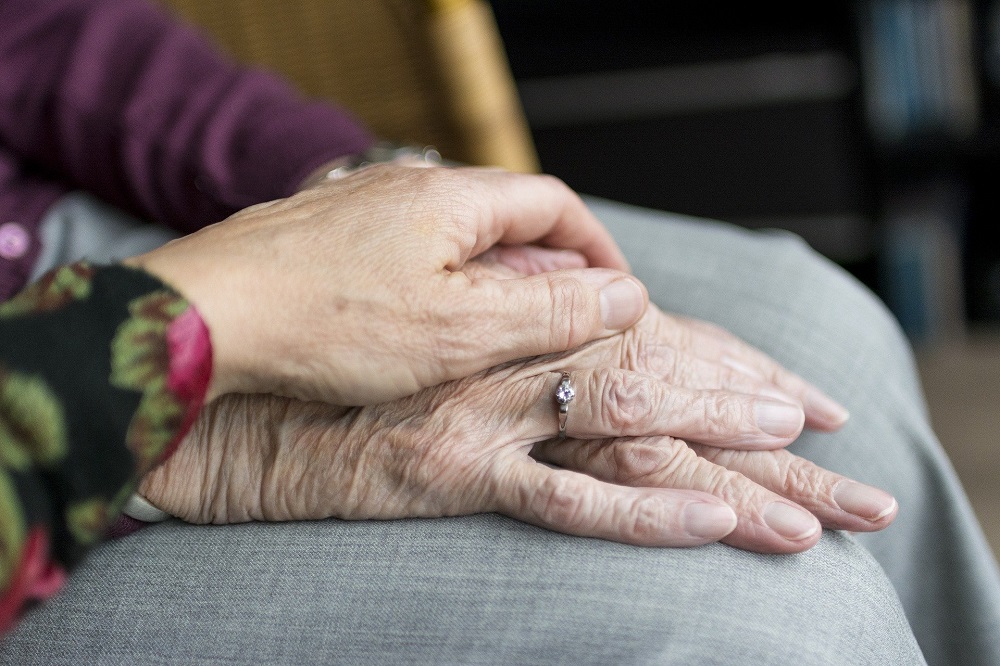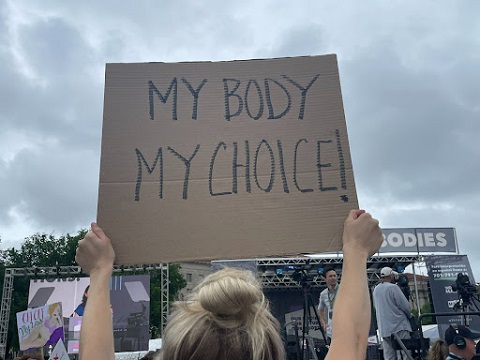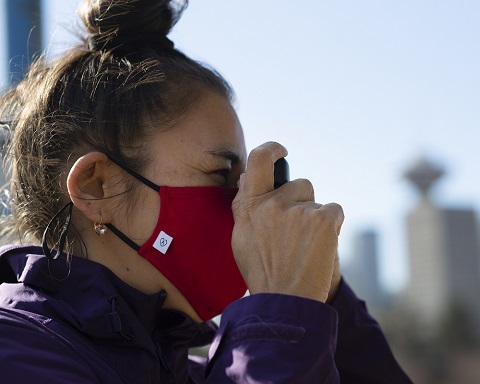By Helen Hill, Street Roots
The streets are getting grayer. The proportion of elderly people experiencing poverty and homelessness has risen by more than 20 per cent in the past 15 years, according to the U.S. Department of Urban and Housing Development.
There are myriad reasons for this increase. Baby boomers are ageing. Social Security benefits have fallen far below the poverty line. There is the lingering legacy of the recession of the late 1970s and early 1980s. Add federal housing cuts, the high cost of health care, the de-institutionalisation of mental patients, the epidemic of street drugs such as crack and meth, and finally, the 2008 economic crisis in which caused large numbers of people over the age of 50 to lose their homes to foreclosure and succumb to a soaring rental market.
Growing old on the streets or in shelters is not for the faint of heart. Health concerns we all face as we age are harder to manage without the stability of a home. Diabetes, heart disease, tooth decay and memory loss are just some of the challenges faced by older adults on the streets. Falls can be catastrophic. Poor nutrition can accelerate and intensify chronic issues such as arthritis and joint problems. And the arrow of time moves in just one direction. None of us are getting any younger.
Street Roots asked its vendors about their experience of ageing on the streets and in shelters.
“You are, like, 10 years older than what you should be,” said Jason Scheer.
Mark R. is in his early 60s. “I get up early and I’m really sore, especially when you sleep on top of just the concrete, if you didn’t get any cardboard,” he said. “I’m very vain, I’m used to doing all sorts of things for my vanity, and I can’t do that anymore. I can’t clean my face like I used to. I have no idea what I look like. You have to take better care of yourself when you get older to look right. I have to take care of my hair, if I don’t, it mats up. I had a big snarl back here, but thanks to Street Roots, at Christmas last year I got a coupon for a free haircut, and she cut all that matted hair off.
“Every step you take is a step you are ageing”
“I used to look at people and think ‘Why don’t you bathe? Why don’t you take care of yourself?’ But I realise now sometimes it’s not that easy. Sometimes you get caught in something and your clothes stink, and you don’t know what to do. And people say it’s only $4 to do a load of wash, but sometimes you don’t have that $4. There are free places to do laundry, but a lot of times there aren’t any openings. I’m used to being very hygienic, wearing clean clothes. When you can’t, I think that makes you look older. And that hurts your pride and vanity.”
Tony Prince-Deno describes the experience as “horrific.”
“Every step you take is a step you are ageing,” Prince-Deno said. “You are out here by yourself, getting older, and it feels like a giant weight on you. It builds and builds and builds. My 51st birthday was probably the worst experience I ever had. I was angry for three days, until one day I came out of Street Roots and sat out under an umbrella at a table at the corner in the sun. I remember it well. And this guy goes by with a red-tipped stick, on a scooter. I’m watching him go by, and there’s another guy behind him with a cane and a scooter. They’re both blind. And the one guy says, ‘I think we’re doing really well!’ And then lo and behold, I saw 10 policemen down the block looking up. There was a jumper (a person threatening suicide) up on the crane. So you can go from bad to wow in a moment’s notice out here. It makes you wonder what you have to complain about.”

Melissa, 50, said the cold weather goes right through her.
“Every joint in my body hurts. It’s hard to get up off the concrete. It’s also hard to carry all your stuff with you when it’s cold out. My feet hurt worse. It’s getting hard all the way around,” she said.
“I’ve only been out here for two and a half years,” said a vendor who wanted to be identified only as DWD. “But as my back continues to fail, and I think I can’t continue to do what I’m doing, I’m starting to look at Melissa’s cart here and wonder if I could get one. I’m trying to figure out how to save my back so I can keep going. It takes a toll, when you have degenerative disks and you wind up carrying everything you need back and forth, it’s gonna wear on you. Things will hit you. All of a sudden you don’t have the energy you once did. I get about a half-day of travel back and forth. If bedding gets wet, everything weighs so much more.”
DWD added that the challenges are compounded with the ageing standards of hearing and sight issues.
“You can’t make out who’s coming toward you, and you can’t hear what someone’s saying. It makes you more of a target out there,” he said. “but there’s a lot of people who will stand up for you. There’s that, too.”
George M. said being outside in extreme weather – the cold and the heat – is hard.
“As you get older, it’s worse,” he said. “More tasks to take care of, more lines to stand in. More things to do, more exposure to the weather. I can feel the aches and pains in my bones. You get sick more often. Things won’t go away. It’s stress. I can sleep in the shelter, but there are 15 men in there. I can never be by myself. You can’t maintain a level personality without privacy. There’s no ‘you’ anymore because there’s no opportunity to be you.”
Sean Sheffield said it seems like he doesn’t age.
“It’s hard to explain,” he said, “but this weird thing happens. I lost my apartment six years ago, and it seems like time has stopped while you deal with the situation. You already have the aches and pains from the concrete, so it’s like you aren’t ageing. You’re used to it. My hip and my knee I’m feeling especially. It slows down my selling. If my hip hurts too bad, I can’t sell at my spot.”
For Jennifer Bradford and Heather Duffield, getting on and off the Max and TriMet buses with serious mobility issues adds another challenging layer to their lives.
“You can’t maintain a level personality without privacy. There’s no ‘you’ anymore because there’s no opportunity to be you”
Jennifer is in a wheelchair and has a prosthetic leg. She recently went to the hospital after a fall on the Max.
“I got on the Max; it was an older car. When I got to the handicapped spot, I had to lock my wheels, but I only got one of them locked, and the driver took off, and the force threw my wheelchair backwards. I hit my head on the chair and my wheelchair went down on the floor and my legs were straight up in the air. Two guys helped me get back upright.
“I hit my head pretty hard. I’m on blood thinners, so I got right off and went to the hospital. I was doing what I thought I had to do for myself.”
Heather uses a walker. “My main transport is bus and Max. People can be oblivious. Getting on and off Max is hard. Sometimes they don’t put the ramp down, then people have to wait extra long while I lift my walker on and off, and I end up hurting my back.
“I wish I could go to PT (physical therapy), but it costs $40 a session. I can’t afford that right now,” she said.




















